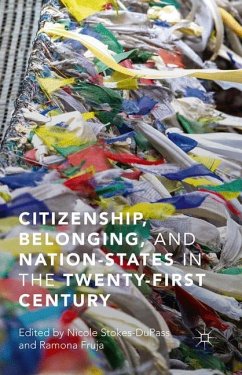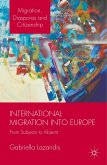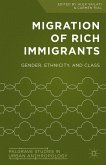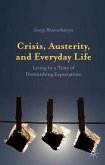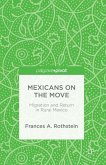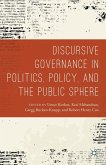Citizenship, Belonging, and Nation-States in the Twenty-First Century contributes to the scholarship on citizenship and integration by examining belonging in an array of national settings and by demonstrating how nation-states continue to matter in citizenship analysis. Citizenship policies are positioned as state mechanisms that actively shape the integration outcomes and experiences of belonging for all who reside within the nation-state. This edited volume contributes an alternative to the promotion of post-national models of membership and emphasizes that the most fundamental facet of citizenship-a status of recognition in relationship to a nation-state-need not be left in the 'relic galleries' of an allegedly outdated political past. This collection offers a timely contribution, both theoretical and empirical, to understanding citizenship, nationalism, and belonging in contexts that feature not only rapid change but also levels of entrenchment in ideological and historical legacies.
"The volume adds to the literature by using novel approaches to paint a picture of modern states engaged in citizen-making in ways and places not often considered in the usual immigration/naturalization examinations. ... Summing Up: Recommended. Upper-division undergraduates through faculty." (R. A. Harper, Choice, Vol. 54 (11), July, 2017)

